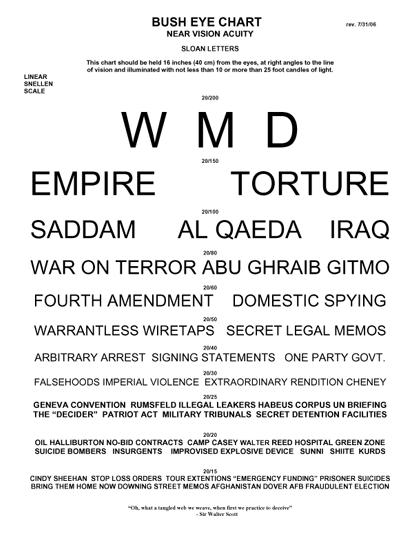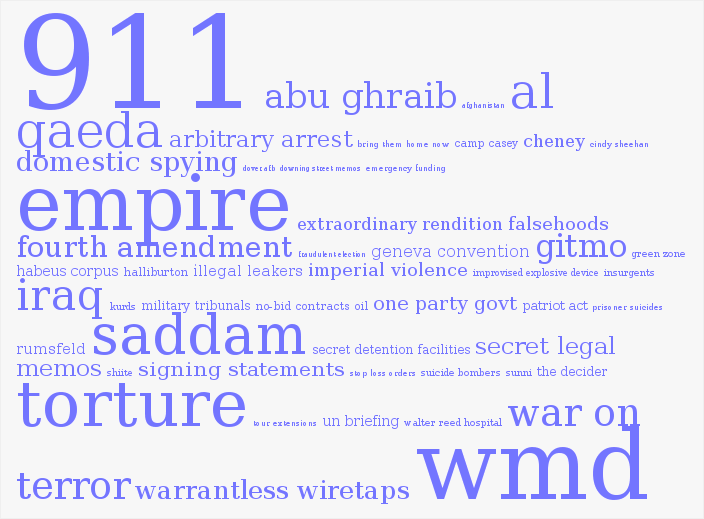Tim Lee1 (emphasis added):
The relentless march of open standards online continues, as AOL effectively abandons its paid, premium offerings in favor of a free, advertising-supported model.
I’m happy to see open standards win and happy to acknowledge good news — I am, for the most part, an optimist, so good news feels validating.
Time Lee, closing his post (my emphasis again):
Fundamentally, centrally planned content and services couldn’t keep up with the dynamism of the decentralized Internet, where anyone could publish new content or launch a new service for very low cost.
But just how hard is it to imagine a world in which closed services like AOL remain competitive, or even dominant, leaving the open web to hobbyists and researchers?
One or two copyright-related alternative outcomes could have put open networks at a serious disadvantage.
First, it could have been decided that indexing the web (which requires making and storing copies of content) requires explicit permission. This may have stunted web search, which is critical for using the open web. Many sites would not have granted permission to index if explicit permission were required. Their lawyers would have advised them to not give away valuable intellectual property. A search engine may have had to negotiate deals with hundreds, then thousands (I doubt in this scenario there would ever be millions) of websites, constituting a huge barrier to entry. Google? Never happened. You’re stuck with Lycos.
Second, linking policies could have been held to legally constrain linking, or worse, linking could have been held to require explicit permission. Metcalfe’s law? Never mentioned in the context of the (stunted) web.
In the case of either or both of these alternative outcomes the advantage tilts toward closed systems that offer large collections “exclusive” content and services, which was exactly the strategy pursued by AOL and similar for years. Finding stuff amongst AOL’s exclusive library of millions of items may have been considered the best search experience available (in this reality Google and near peers index billions of web pages).
Some of the phenomena we observe on the web would have occurred anyway in stunted form, e.g., blogging and social networking — even now services like LiveJournal and MySpace feel like worlds unto themselves although they are not technically closed and services like FaceBook are closed. Journaling and networking on AOL would have been hot (but pale in comparison to the real blogosphere or even real closed systems, which face serious competition). It is hard to see how something like Wikipedia could have developed in AOLternative reality.
Fortunately aggressive copyright was not allowed to kill the web.2 As a result the march of open standards appears relentless. I’d prefer an even more relentless march, even if it means diminishing copyright (and patents).
1. I’m just using Tim Lee’s post as a jumping off point for an editorial I’ve been meaning to write, no criticism intended.
2. What is aggressive intellectual protectionism being allowed to kill or stunt? Online music is obvious.


